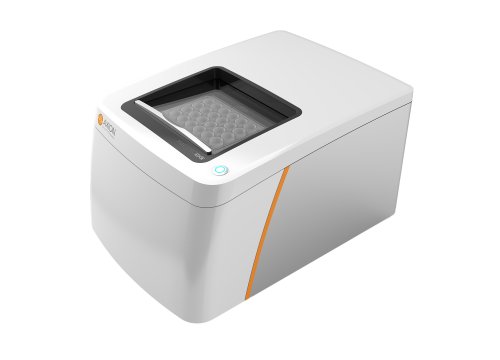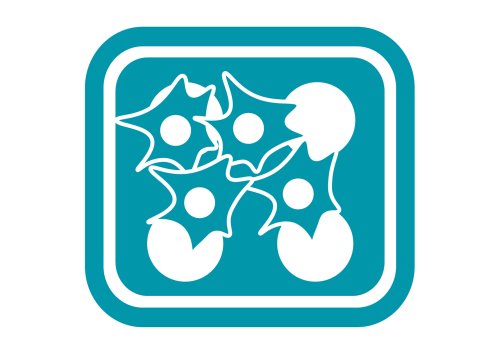Authors: Andie E. Padilla, Gobinath C, Candice Hovell, Jeremy Mares, Veerle Reumers, Twyman Clements, Jason Rextroat, Paul Gamble, Ben Lumpp, and Binata Joddar
npj Microgravity, 27 May 2025
Scientists use Axion BioSystems’ Maestro Edge to explore the impact of microgravity on the brain.
Microgravity is known to affect cognitive function, gene expression, and cellular processes in neurons, but the full extent of these changes—and their potential impact on astronauts during long-duration space missions—remains unclear. In this study, researchers validated a novel microfluidic device integrated with a multielectrode array (MEA) system to support and evaluate neural cultures in low Earth orbit (LEO). Using Axion BioSystems’ Maestro Edge MEA platform, the team noninvasively recorded functional activity from rat hippocampal neurons as ground controls before deploying the cells in space. This approach offers a robust in vitro model for investigating how spaceflight affects brain physiology and may help inform future countermeasures for protecting astronaut neural health, while also advancing neurodegenerative disease research on Earth.



